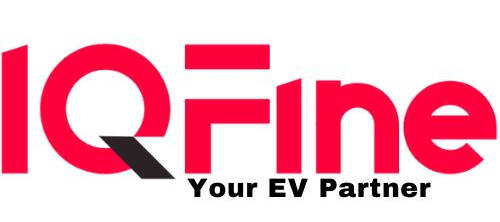A new rumor goes around about Tesla. Now it is that brand has signed a battery cell supply agreement with EVE Energy, a Chinese battery cell manufacturer. It has been seen that Tesla has slightly increased its percentage of electricity powered by LFP battery cells.
The LFP stands for Lithium Iron Phosphate battery is a cheaper alternative form the Nickel-rich battery, but they have lower energy density- resulting in a shorter range.
In recent years, the energy density of LFP batteries has improved significantly, making them a viable option for more affordable electric vehicles. Tesla has been sourcing LFP battery cells from China’s CATL and BYD to support its growing EV lineup.
Back in 2021, there were speculations about Tesla engaging in talks with EVE Energy, another prominent Chinese battery cell manufacturer, to secure LFP battery supplies. Now, three years later, it seems those discussions have resulted in a finalized deal.
There is a report firm Chinese media CNEV that EVE and Tesla have signed an agreement for Tesla to get cells from a Malaysian factory starting in 2026:
Eve Energy has reached a supply agreement with Tesla for energy storage batteries, and its Malaysian factory is expected to start supplying energy storage batteries to Tesla US in 2026, according to a report in Chinese media outlet LatePost today.
EVE also confirmed that it recently signed a deal with “a customer in the America” without confirming the customer, but LatePost reached out to them when reporting that Tesla was the customer, and they didn’t confirm nor deny it.
Tesla initially relied solely on Panasonic as its battery cell supplier, pioneering the use of cylindrical lithium-ion cells in electric vehicles—a design previously reserved for personal electronics like laptops. At the time, Panasonic was the only manufacturer willing to provide cells for Tesla’s ambitious projects.
In recent years, Tesla has significantly diversified its battery supply chain, forging partnerships with industry leaders like CATL, LG, BYD, Samsung, and now, reportedly, EVE Energy. This strategic expansion reflects Tesla’s growing demand for battery cells to support its rapidly expanding EV lineup.








